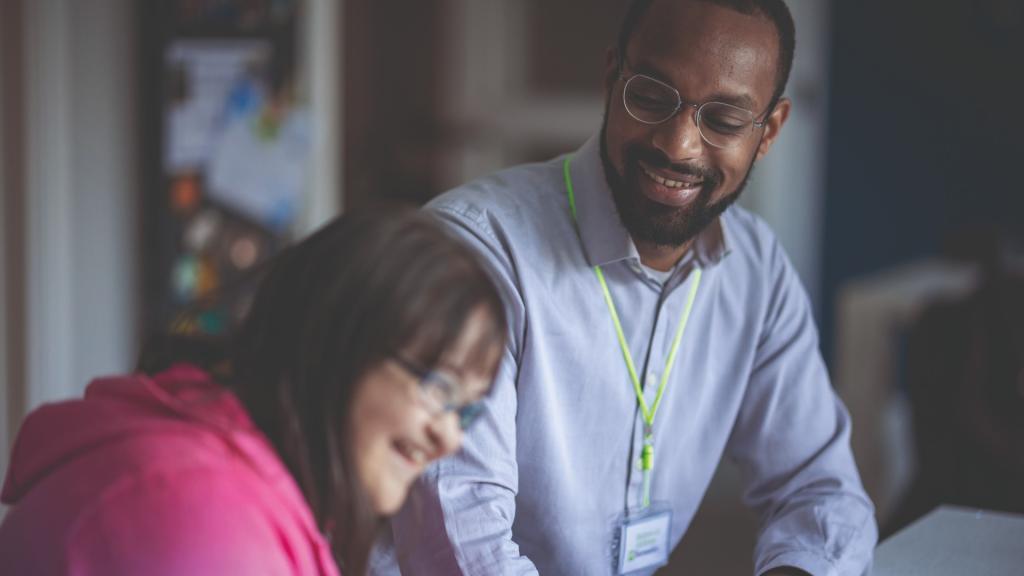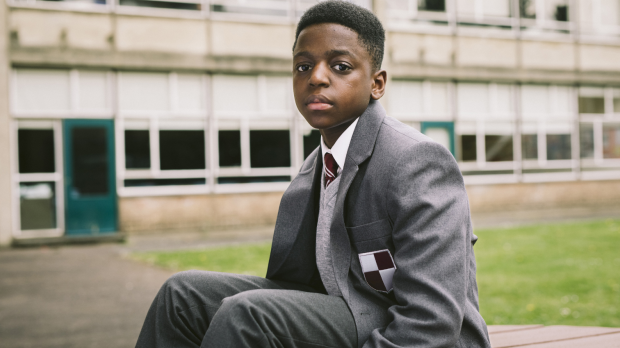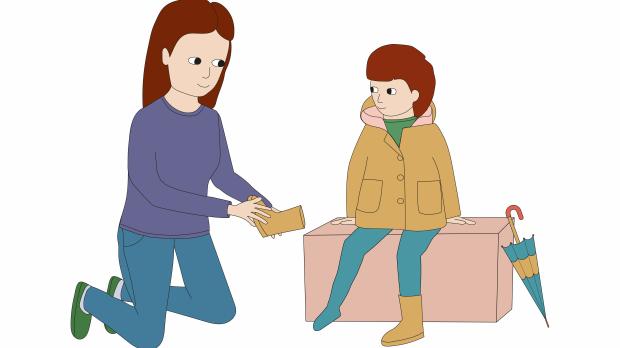What is domestic abuse?
Domestic abuse is any incident of controlling, coercive or threatening behaviour, violence or abuse, between people in a domestic setting (such as marriages or cohabitation).
Witnessing domestic abuse can seriously harm children and young people.
Domestic abuse can take many shapes, and it is important to remember that not all experiences will look the same.
Domestic abuse can happen:
-
In any type of relationship, regardless of gender or sexuality, and can continue even if that relationship has ended.
-
Inside and outside of the home.
-
On the internet, over the phone, and on social media sites.
Most cases of domestic abuse are between partners or ex-partners; however it can also happen between family members who aren’t necessarily in a relationship.
Domestic abuse is a crime, and never the fault of the person experiencing it.
What can domestic abuse look like?
Domestic abuse can be physical, verbal, emotional, sexual, financial, or psychological. Examples include:
-
Controlling or coercive behaviour, such as stopping someone from going out alone or controlling access to someone’s phone.
-
Physical violence, such as hitting, kicking, or punching.
-
Online or digital abuse.
-
Controlling someone’s finances, like withholding someone’s money.
-
Harassment and stalking.
-
Rape and sexual violence.
-
Threatening to harm or kill someone.
How are children affected by domestic abuse?
Children who witness domestic abuse are at risk of both short and long-term physical and mental health problems. Every child will be affected differently to the trauma of domestic abuse.
Short-term effects of domestic abuse:
For young children this can include:
-
Bed-wetting.
-
Increased sensitivity and crying.
-
Difficulty sleeping or falling asleep.
-
Separation anxiety.
For school aged children this can include:
-
A loss of drive to participate in activities and school.
-
Lower grades in school.
-
Feeling guilty and to blame for the abuse happening to them.
-
Getting into trouble more often.
-
Physical signs such as headaches and stomach aches.
For teenagers this can include:
-
Acting out in negative ways such as missing school or fighting with family members.
-
Having low self-esteem.
-
Finding it difficult to make friends.
-
Engaging in risky behaviours such as using alcohol and other drugs.
.
Long-term effects of domestic abuse:
-
Mental health problems, such as becoming anxious or depressed. Low mental health can also lead to big impacts on physical health, including self-harm or developing an eating disorder.
-
Having a lowered sense of self-worth.
-
Using alcohol and other drugs as unhealthy coping mechanisms.
-
Repeating behaviours seen in their domestic setting.
Since the Domestic Abuse Act 2021, children that have been exposed to domestic abuse are now recognised as victims of domestic abuse in their own right, rather than just witnesses.
This landmark Bill will help transform the response to domestic abuse, helping to prevent offending, protect victims and ensure they have the support they need.
Victoria Atkins
Former Minister for Safeguarding
How to recognise the signs and indicators of a child experiencing domestic abuse at home
It can be difficult to know if domestic abuse is happening.
Even if they are not physically harmed, children may experience emotional and psychological damage as a result of witnessing domestic abuse.
Signs and indicators that a child has witnessed domestic abuse can include:
-
Withdrawn or detached behaviour.
-
Ambivalent feelings towards both the abuser and the non-abusing parent.
-
Constant or frequent sickness.
-
Frustration or aggression.
-
Bullying peers.
-
Problems in school or with learning.
-
Easily startled or seem on edge.
-
Fear of leaving the home.
-
Bed-wetting or increased soiling.
-
Nightmares or insomnia.
-
Withdrawal or struggles with separation.
-
Difficulty identifying feelings or communicating needs.
-
Difficulty developing positive peer relationships.
What should I do if I notice signs of domestic abuse or I’m worried about a child?
If you are concerned that a child may be at imminent risk of domestic abuse, always call 999 immediately.
If you are concerned that a young person could be at non-immediate risk, there are services you can contact for support:
Refuge
Refuge is the largest domestic abuse organisation in the UK. Contact them online, or call their freephone 24-hour National Domestic Abuse Helpline on 0808 2000247.
Childline
Childline offers free, confidential advice and support to all children, whatever your worry. Contact them online or on their freephone on 0800 1111.
Live Fear Free
Live Fear Free provides help and advice about violence against women, domestic abuse and sexual violence. Contact them online, call their freephone 0808 80 10 800, or text 07860077333.
If you are worried that a child may be being affected by domestic abuse, it is important that you share that concern. The information you have may help professionals to build a picture about what might be happening to a child and help them.
What to do if a child reveals abuse
If a child speaks to you about domestic abuse it is important that you:
-
Provide a safe space for the young person to share.
-
Let them know they’ve done the right thing telling you.
-
Tell them it's not their fault.
-
Listen to them and understand their needs.
-
Do not push the child for answers, allow them to share as much as they are comfortable with.
-
Do not confront the alleged abuser.
-
Explain what you’ll do next.
-
Report what you’ve been told immediately.
Report abuse
You can report abuse on Refuge's website or by getting in contact with Childline.

We believe that the best way to support children is to help them and their families.
We provide counselling for children and young people to stop the long-term effects of domestic abuse.
Our family support services also help parents look after their children with more confidence, which helps them to protect themselves and their children from abuse.
You helped me understand what domestic abuse is, that it’s not my fault and what I can do when I’m feeling sad or anxious.
Young Person aged 13
Helping families
Every child should grow up feeling loved and supported. We provide a range of services to help and support families across the UK.
Support keeping children safe from harm and child abuse
Find out more about what child abuse is and information about different types of abuse, including how to spot it and where to find help.
Mental health services for children and young people
No child should be left to deal with poor mental health alone - and that’s why we offer a range of mental health support services for children, young people, and their families.



